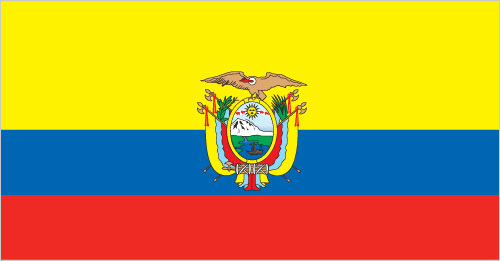Ecuador completed its TNA in 2013. Through the TNA, Ecuador identified waste-to-energy technologies as crucial for reducing emissions and providing energy security for the rural population. Following the TNA, Ecuador reached out to the Climate Technology Centre and Network in 2015, asking for technical assistance to implement the anaerobic digesters and other waste-to-energy technologies identified in the TNA.
Generally, Ecuador is experiencing a retreat of glacial cover, an acceleration of desertification processes and an increase in extreme events, in particular droughts and floods. Accordingly, the TNA has identified the water and agriculture sectors as priority sectors for urgent adaption measures, with a focus on the technical management of water in the agriculture sector.
Ecuador’s Technology Action Plan outlines several projects, all tackling the pressing issues of water management, particularly with regard to irrigation for farming. One project entails developing a sustainable and participatory approach to the conservation and restoration of water quantity and quality in the basin of the Cebadas River and involves the affected communities in order to spread knowledge about sustainable water management.
Another example resulting from the TNA is a project aimed at improving the efficiency of farm irrigation through training and reductions of water losses. In this project, the goal is to train approximately 2,300 farmers in irrigation techniques and restore 164 kilometers of open channels to provide a stable flow of water to a large area of farms.
Ecuador’s TNA contributes to the following Sustainable Development Goals:







